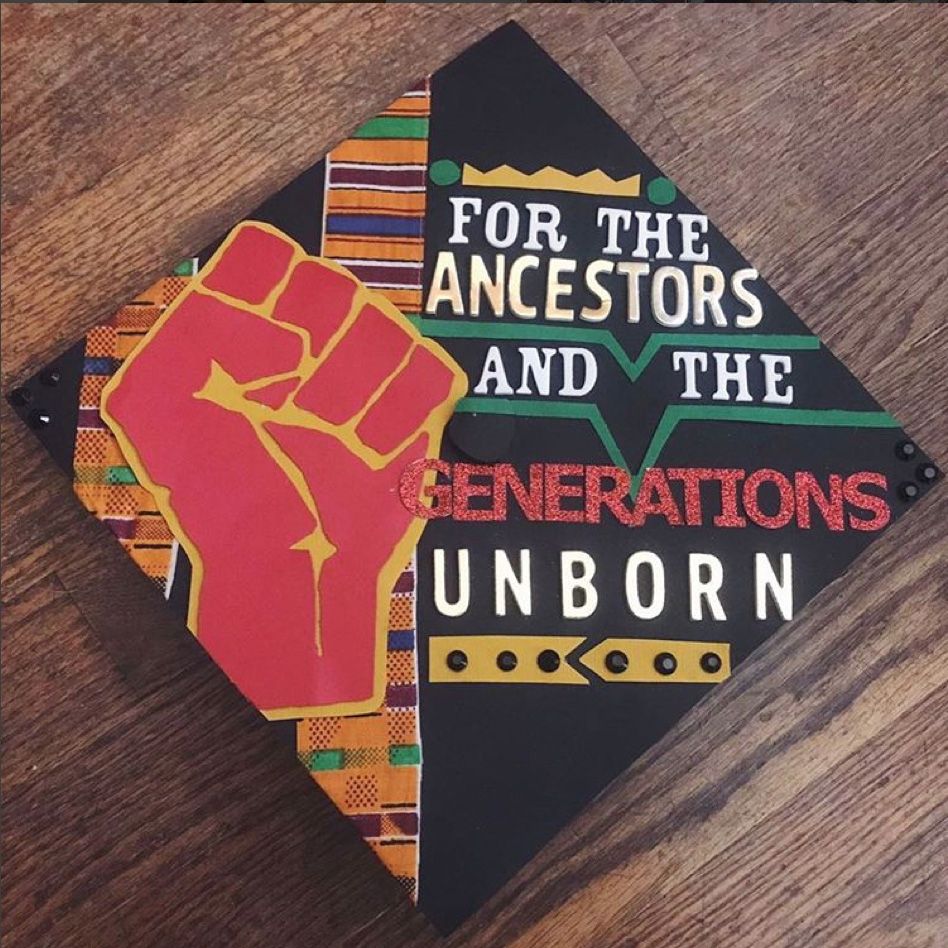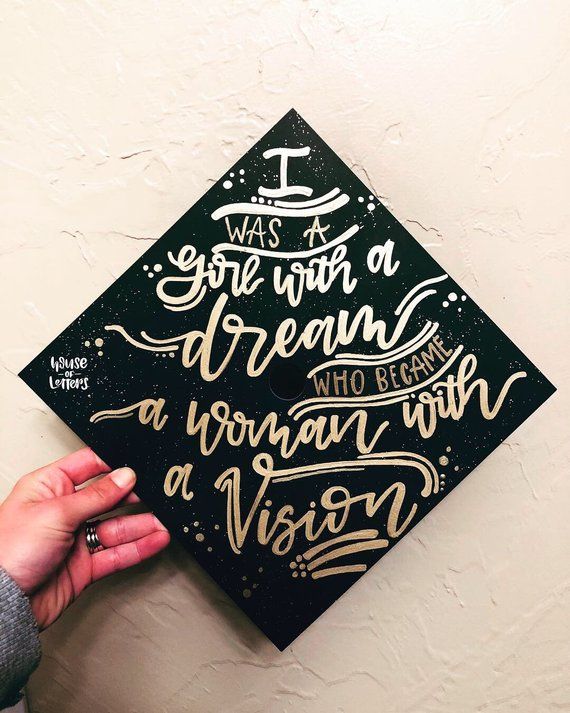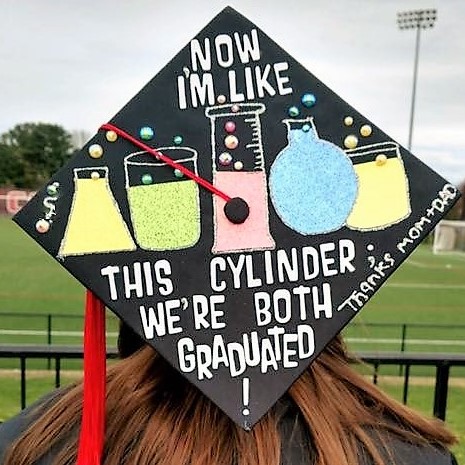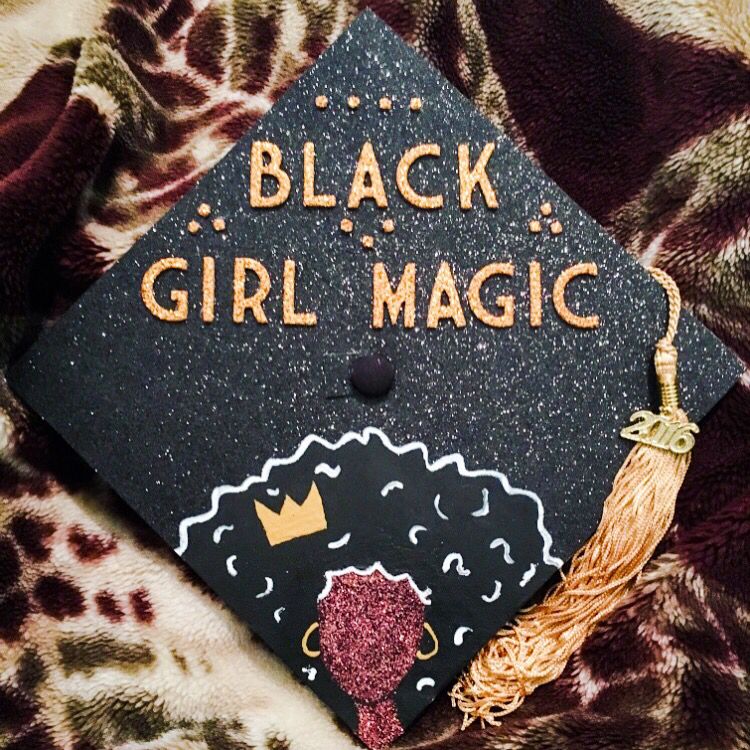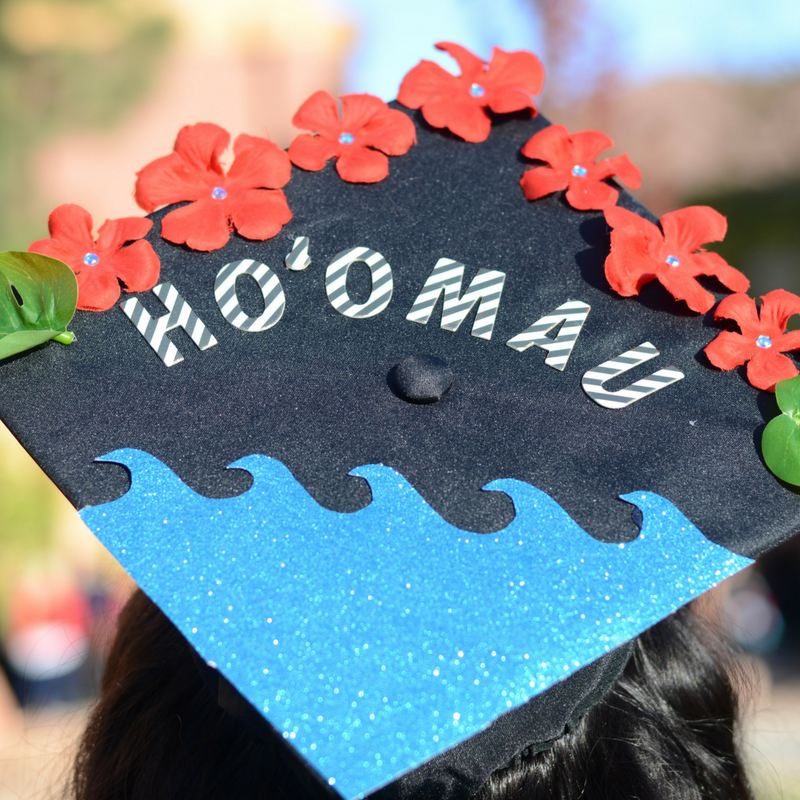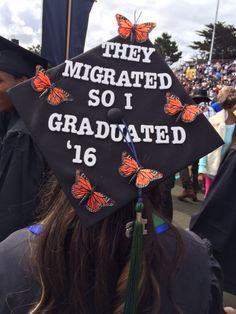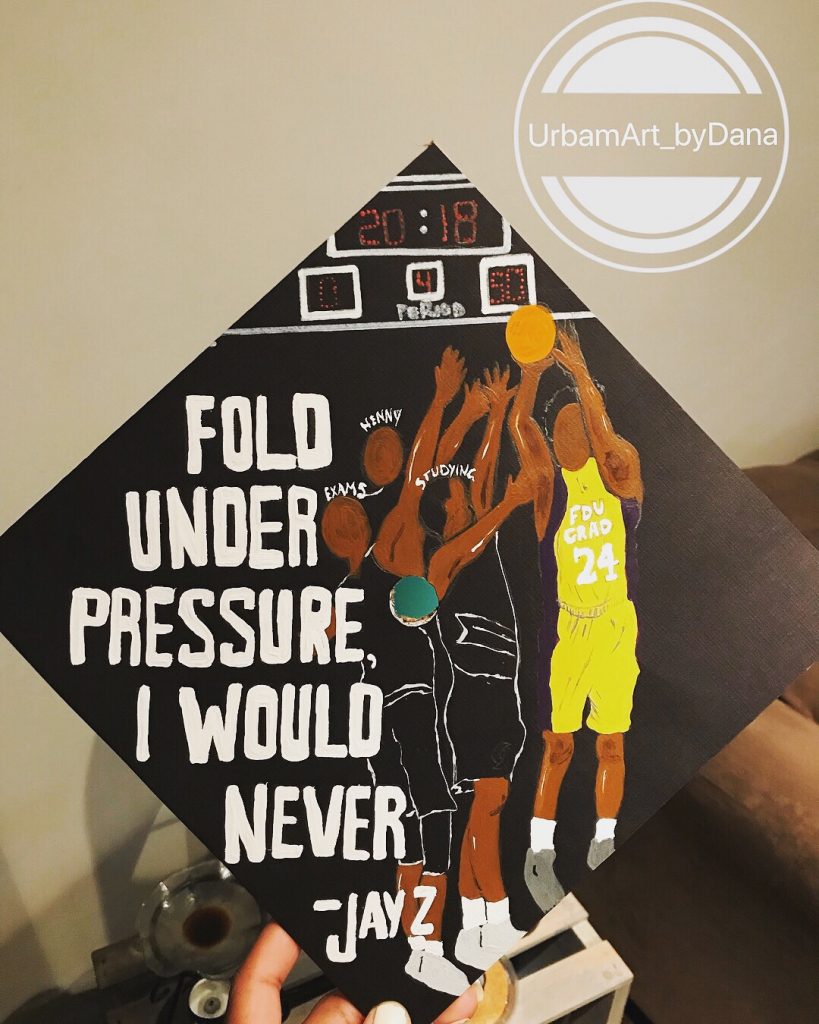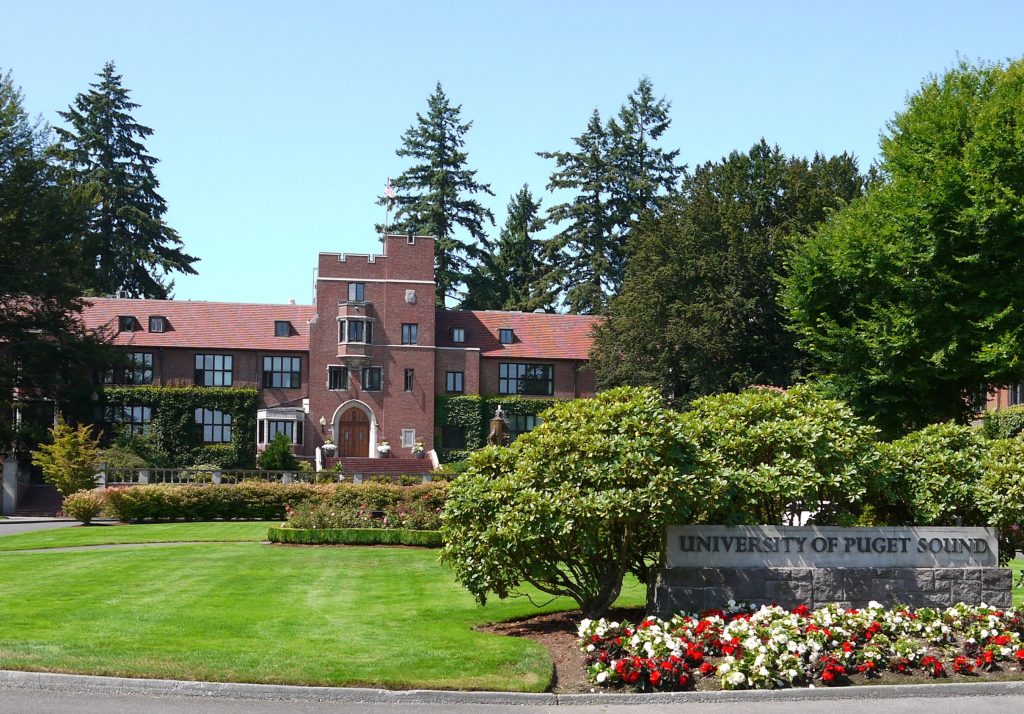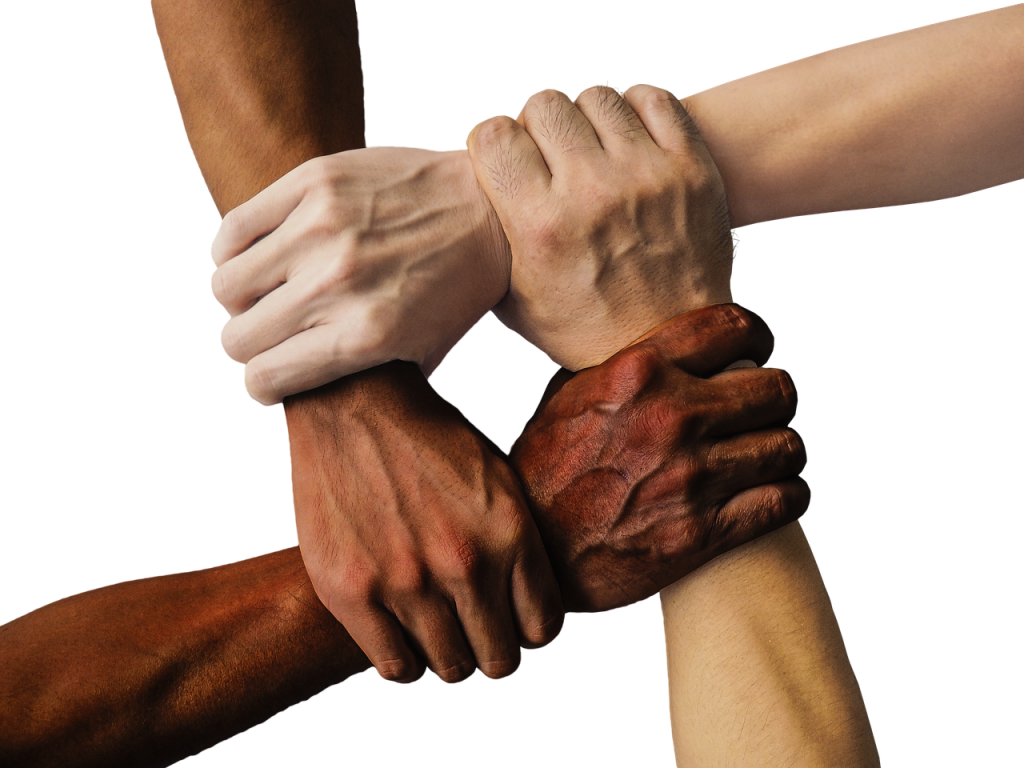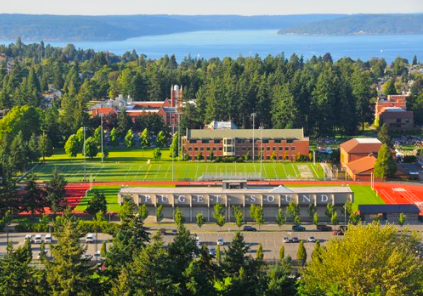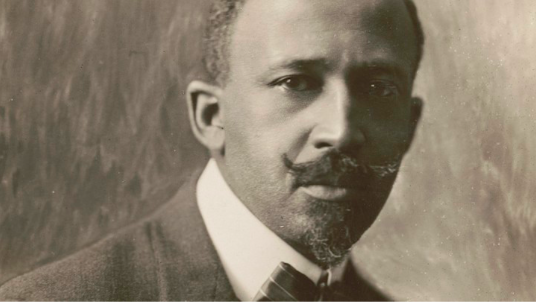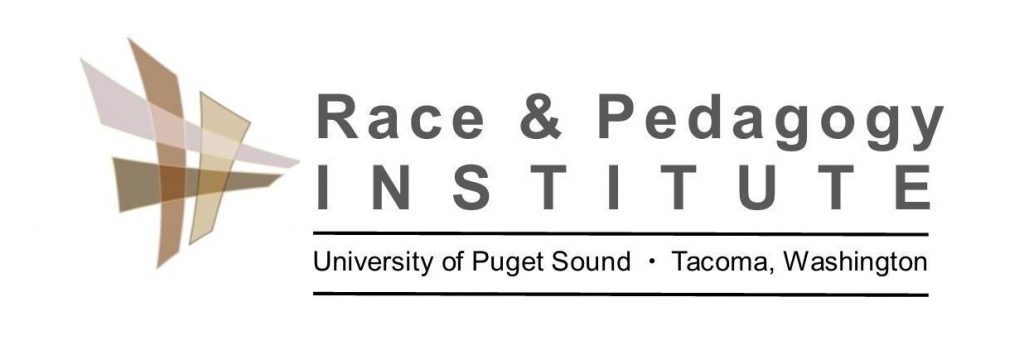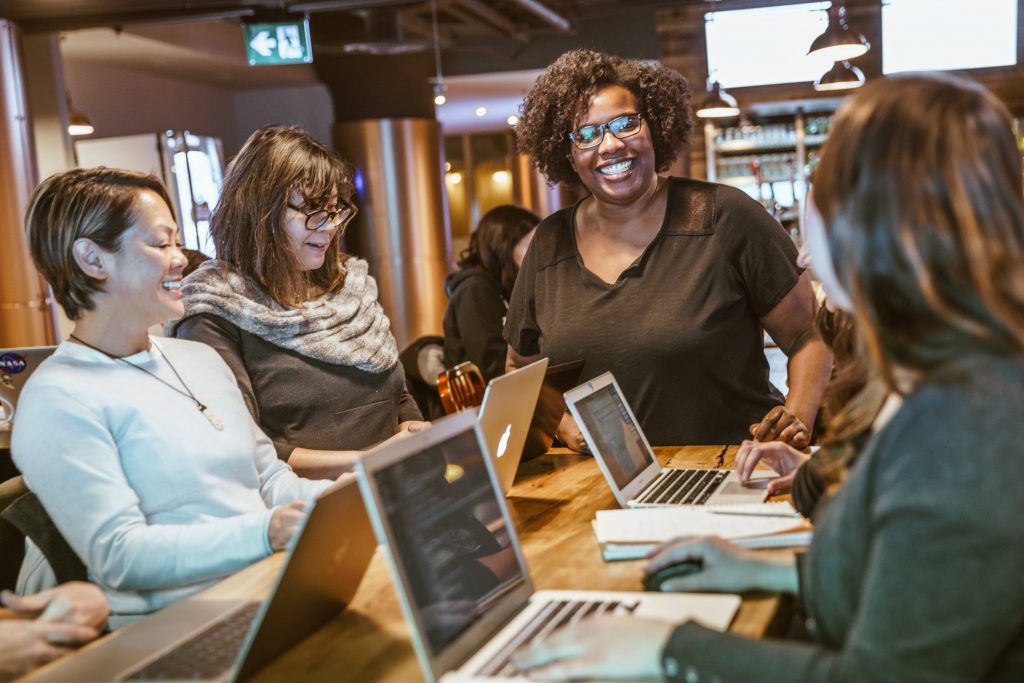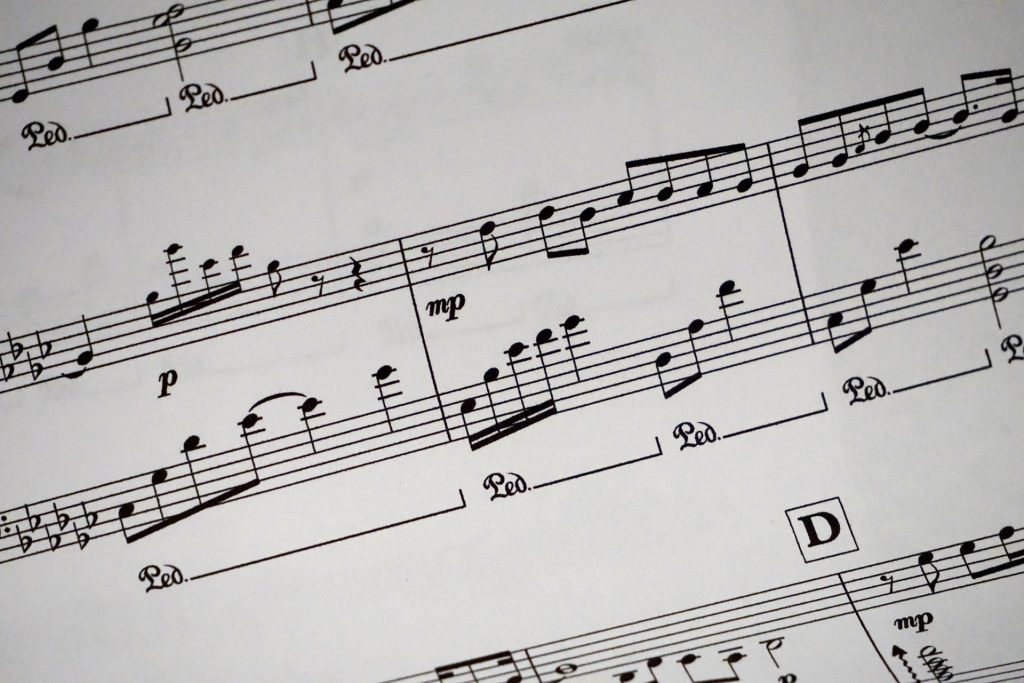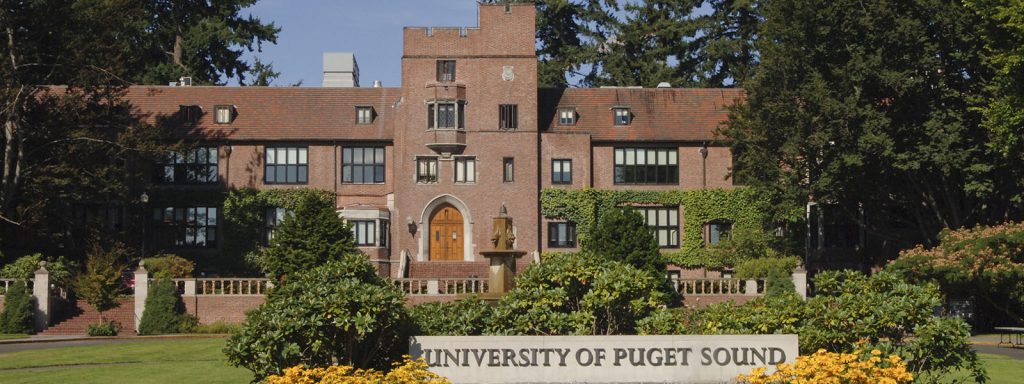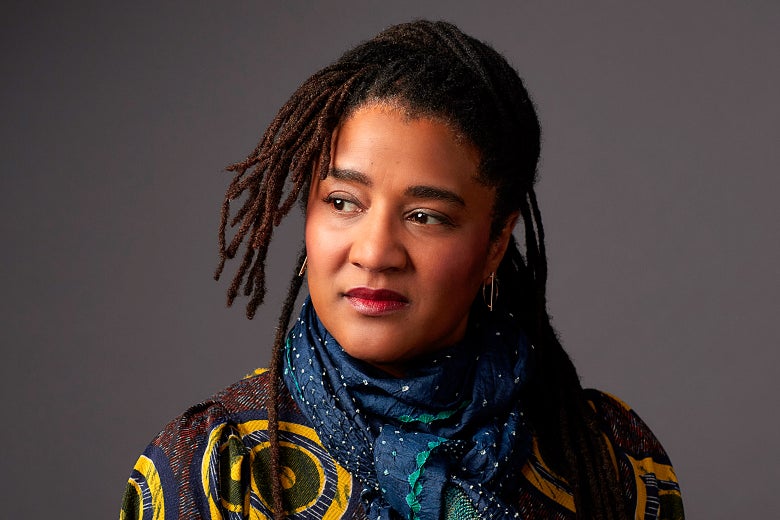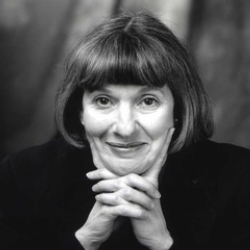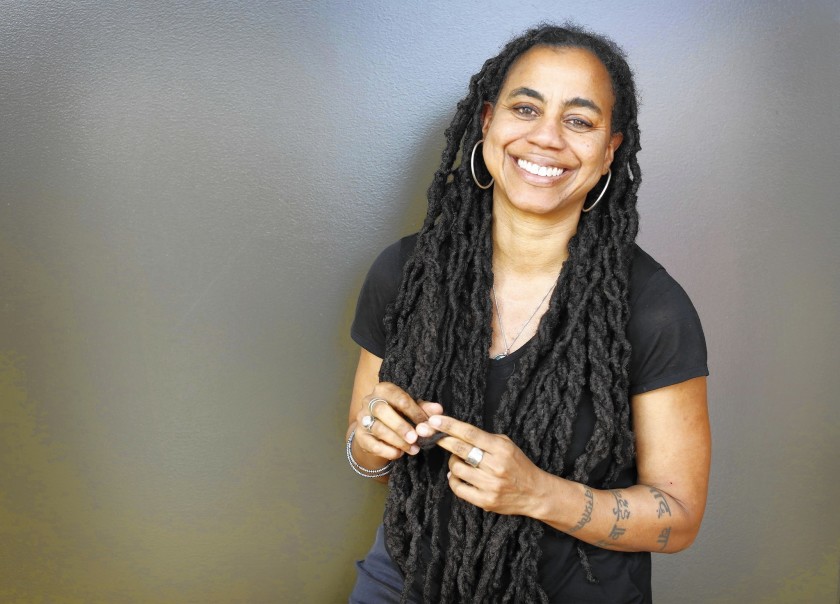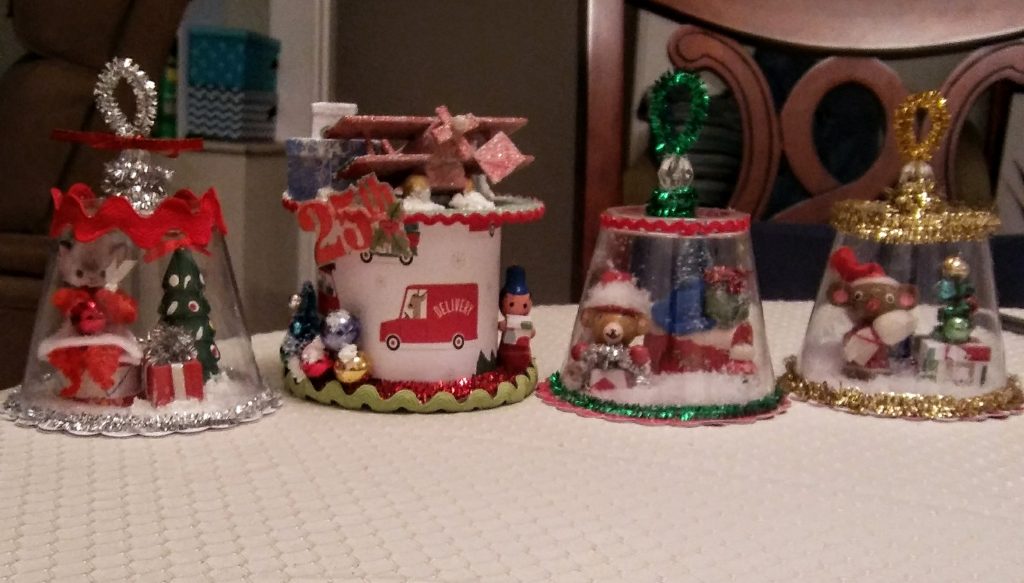Written and Spoken by Professor LaToya T. Brackett
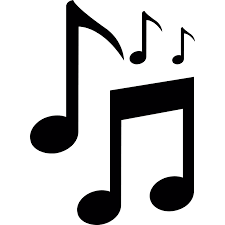
Listen to this letter in audio form. Be sure to open in a new tab, to read along.
A Prelude: I love being a professor, at times I loathe being both a professor and an empath, and a trained counselor. I loathe it because I often pick up on things that many of my colleagues do not, or if they do, the intentionality of responding is not always there. I loathed seeing my students on virtual classes after our spring break. But mostly, I loathed seeing the removal of joy in my seniors. And as professors, we all did, I am sure. But at moments I would feel the depression they had, and their removal of excitement—excitement that had been building and worked towards for seventeen years, and some change. It was gone—almost. And I couldn’t allow that. So I sat down to write this letter to you all.
My Dearest Class of 2020,
The reality is… these are moments you will remember.
Since childhood you’ve thought about what college you would attend. What friends you would make. Wondering what you would major in. Places you would go for breaks. The type of freedom you would feel away from home. And most likely, you dreamed about what it would be like to walk across that stage, with your cap and gown, in front of your families and friends. The moment you knew would represent seventeen years of schooling, seventeen years of homework, seventeen years of being tested, seventeen years of new friendships, broken friendships, and forever friendships. Seventeen years of awesome teachers, teachers that did the best they could, teachers who changed your life, teachers you would like to forget, and teachers you can’t wait to tell, “I did it!” For many of you, college has been a part of your future since you knew what a future was.
Well guess what, that future is now.
Those seventeen years of yearning are coming to a close. Unfortunately, your culminating moment comes in a time of crisis, of uncertainty, of quarantine, of social distancing in a time where social over-exaggeration is THE requirement, you are in a pandemic—Covid-19. And this virus, that has no vaccine, or guaranteed cure, is out there removing your seventeen years of accumulated joy. And we have come to know that the only cure for this vaccine, is to have patience, perseverance, unknown health strength, and perhaps quite a bit of luck;
My Professorial last assignment to you, is CELEBRATE.
That’s right, I’m assigning you more homework. You thought you were finished. Well you’re not. I reserve the right to alter the syllabus at any time (professor humor, I know you might not be laughing). This assignment is required, it is not extra credit. Because this is a moment you will remember. I won’t allow any incompletes, because This. Is. The. Moment.
I know many universities are doing their best to prepare in-person graduation celebrations for the class of 2020 in the future—we still don’t know what the future looks like—so these celebrations (like the one at our university) are slated for a year after your original graduation date. And this is wonderful, it really is, and I hope all of you get to participate in that moment. But trust me, that moment, one year later, is not your Seventeen-Years moment. It will be a great moment indeed, but not like the one you are in right now. This pandemic-moment that you knocked out of your way to finalize those requirements for your college degree, is your Seventeen-Years-and-a-Pandemic moment. No one else has had a moment like this, and trust and believe no one has had a final semester/quarter of college like this. You are the novel graduation class of 2020 (sorry perhaps I shouldn’t use a pun so soon… but it is the truth). You spent seventeen years (and some of you, seventeen and some change, and you better know it doesn’t matter, the degree does), reaching for the same moment your friends from the class of 2019 had, your parents from the class of (they won’t tell you), because they showed you pictures or you joined in their pictures of their moment, and it was joyous. It was extreme social over-exaggeration, and they loved it and you yearned for one more year to get yours. Well, guess what, compared to their years, yours probably still feels like… To Be Determined…
My assignment to you is to be determined to make your moment positively memorable.
I remember my Seventeen-Years moment. I remember all of it. The good and the bad—but my bad came on suddenly with no warning, my bad couldn’t have been altered into an outlook of “damn, I finished those classes online, in quarantine, with uncertainty, and now I’m getting that paper. King, Kong ain’t got nothing on me,”—moment.
The reality is, I remember all of my graduations, high school, college, and graduate school. And the reality is, my moments were not so great. I did not always feel like some of the members of my family were there to cheer me on. At two of those graduations there were moments they proved my worries were right. I could tell you the torrid details of those moments, because guess what they are memorable, even more so, because they were in my Seventeen-Years-type of moments. But I won’t. I will tell you what I know to be true because of those sad memories.
I remember my joy before the unfortunate moments.
I remember my walk from the Arts quad, behind the Pan African flag with my friends to the field, where they told us to stand and move our tassel from one side to the other and we were thus graduated. I remember who I sat next to. I remember the people I greeted for the very last time ever. I remember trying so hard to find my best friends, but our Seventeen-Years moments were happening at the very same time and their Seventeen-Years moment cheerleaders socially overexaggerated around them. And I got pictures with each of them separately. But the day before we got one good picture before the amazing storms of celebration and joy that descended on our campus on the hill. I remember moments like this for my doctoral graduation as well, different type of level, different type of joy, but good memories. And for me, to still remember the great in those moments, when the bad still makes me wish for a do-over, means you can make your Seventeen-Years moment count too. And guess what, you already know what the worst aspect of it will be—all things covid-19.
I wanted a do-over of my moments, and there will never be one. I could attempt to put on my cap and gown today and walk across that stage, but all the energy that led up to when I earned my degrees, are no longer tingling and itching to get out. I worry that a year from now, my graduating students will no longer have that tingling and that itching, and walking across that stage will simply be protocol. And the reality is, the class of 2020 is beyond protocol. So, despite the reality that we must quarantine in your Seventeen-Years moment, be creative and celebrate like you never would have thought before.
We are all virtual now. That teacher from the 5th grade that told you how great you were at math, and gave you the confidence to fall in love with numbers and equations, can be at your virtual celebration. The professor that made you realize that you wanted to study something that you were excited about, can be there. Your grandparent who can’t travel anymore, can be there. Your friends from all over can pop in to say congratulations at any time. People you met on your study abroad to Ghana can be a witness too. So be creative.
I spoke about that tingling and itching you have right now to be finished with school, to have your university bequeath that you have met the requirements for your degree, and I wish to speak about it again. Don’t let go of it, not quite yet. Don’t let your worries about the world delete this feeling. Not until you’ve done the things that you always thought you’d be doing in celebration of this Seventeen-Years moment.
I’d like to share a story about one of you seniors. A senior told me she hadn’t taken any senior pictures. When I asked her for a picture to put up for our department’s virtual graduation celebration to recognize her, she felt she was falling short. She felt like, her picture she sent was not good enough for her graduation recognition moment. And that was an honest feeling. And I reminded her, this is the moment you have been waiting for, for a long time. She, like me is first generation, and she spoke about how her entire family was looking forward to her moment, because as many of us First Gens know, our success is a collective success. She was still living on campus while taking virtual classes, and I told her to go take her senior pictures. That’s right. I told her go get dressed up, and capture some memories. I suggested she ask one of her classmates in my course to help her—I knew just the right person with just the right amount of positivity in this uncertain time to make her senior pictures moment fun. And I told her, “no one is on campus, and no one will be looking at you funny as you pose—however you wish to pose.”
She took those pictures. She told me thank you. She told me her family was so excited to see her senior photos. She said it felt like she finally had a sense of closure on campus.
I’m glad I gave her an assignment. I’m glad she embraced it. Because now I am embracing my role to share with the class of 2020, that this moment is memorable, and it will be remembered. How do you wish to remember it?
Assignment Title: Class of Covid-19
Assignment Prompt: You are the class of 2020, and in a decade or so you will probably be referred to as the Class of Covid-19. I hope you will embrace it, as it reiterates how amazing you truly are. But it is not yet a decade from now. For my students, May 17, 2020 was the date you were to participate in the official commencement ceremony on our campus. As of March 23, 2020, you found out that in-person commencement was postponed, and it will be held one year from now.
The first part of this assignment is to respond to the following questions:
- What were you most looking forward to for commencement?
- What things did you plan to do prior to commencement in preparation for it? (ex: buy a new outfit, get a fresh haircut, figure out how your hair would fit under that cap, buy a pair of shoes that your family could see from the stands, decorate your cap, send thank you cards to family, friends, professors, remind your family to purchase the cake that says “you did it!”, take senior pictures, grab a meal with your closest friends, send out invitations, look at yourself in the mirror and say “I made it.”)
- What things did you plan to do after your commencement ceremony? (ex: go out to dinner with family, have dessert, go to a party with friends, pack up all your stuff to move out, take pictures with your family, friends, and favorite professors, bask in the joy, shed a few tears at the bitter sweet, try not to worry about what’s next, experience the now.)
Secondly, now that you have responded to these questions, highlight the things you STILL CAN DO. Remember be creative. Enlist your family and friends for help. Brainstorm. Use all of those critical thinking skills you gained in your college career, and after seventeen years of homework, don’t let this one be late.
Congratulations to the unique, novel, resilient, determined, unapologetically celebratory, college class of 2020.
Sincerely,
Professor Brackett
P.S.
As a professor of African American studies, as a first generation student, as an African American woman, who never knew she’d be where she is today, as the graduate who worried about how her family would be able to afford the trip from Virginia to New York and later Michigan, as the sometimes three-job-having college student who worried how to afford my cap and gown, my new dress, my hair style, and the gas to drive myself back to Virginia, as the granddaughter of a grandparent who was incapable of walking from the stadium to north campus, as the black girl with a middle name she worried wouldn’t be pronounced correctly, as the First Gen who knew she would have to translate all the college speak for her family, as the dream and the hope of the slave, as the code switcher, as the girl who would tell people she graduated with honors from Cornell University and would often receive tones of congratulations that have the sound of surprise… It would be disrespectful of me to close out this letter without speaking for those often unheard.
I see you. I know that your future narratives from childhood don’t always look like what our society tells us it should. Your families may never have spoken about college. You may not have a family. Your seventeen years of schooling may not have looked like what our society defines as average, and this often means you are above average, but no one ever told you that. They told you something was wrong with you, they told you graduating from college probably wouldn’t happen. They said you would never make it. But you did. And this is why I get a tingling when I see you all, those often unseen, walk to commencement through our line of cheers as your proud professors. I get overly excited to see your joy. Your moment is most precious to me. So precious that I gladly wear my regalia each year, hat included, and sit as they read your names, and stay on campus until the tent of refreshments has no one left to refresh. I’m happy to hold the camera and get many photos of your entire crew in one image, or I’ll keep pushing the button until you captured the perfect graduation picture for all of your social media accounts. Because you won’t get this moment back. Because I know.
You are probably more likely qualified to survive this pandemic because your lives were required to have patience, perseverance, unknown health strength and some luck. Many of you ask yourself from time to time, why me? Why am I the one that got out? Why am I the one that made it?
I worry about whether you will be able to return to campus a year from now to participate in the commencement ceremony set to replace the one you are missing this month. I worry that your family can’t or won’t make it. I worry you will not want to return to a campus, a place, that you spent four years and maybe some change at, and still felt unheard and unseen.
Please for the often unheard, and often unseen, read between the lines, because I write this especially with us in mind. This is your Seventeen-Years moment, with seventeen years worth of doubts from others and yourself, and you made it. You made it. So celebrate it.
And it is you that made me say, I must write this. You won’t get this moment back. And you will always remember it. So make your Seventeen-Years moment positively memorable.
P.S.S.
Here’s a link to a celebration that showcases: This is how we do it.
Citations Still Matter: For the credit and links to the Cap Designs, see list below, by number from top left to top right, and bottom left to bottom right.
1. Ancestors Cap 2. Dream & Vision 3. Chemistry 4. Si Se Pudo 5. Black Girl Magic 6. Ho’omau 7. Migrated 8. First Gen 9. Bball

